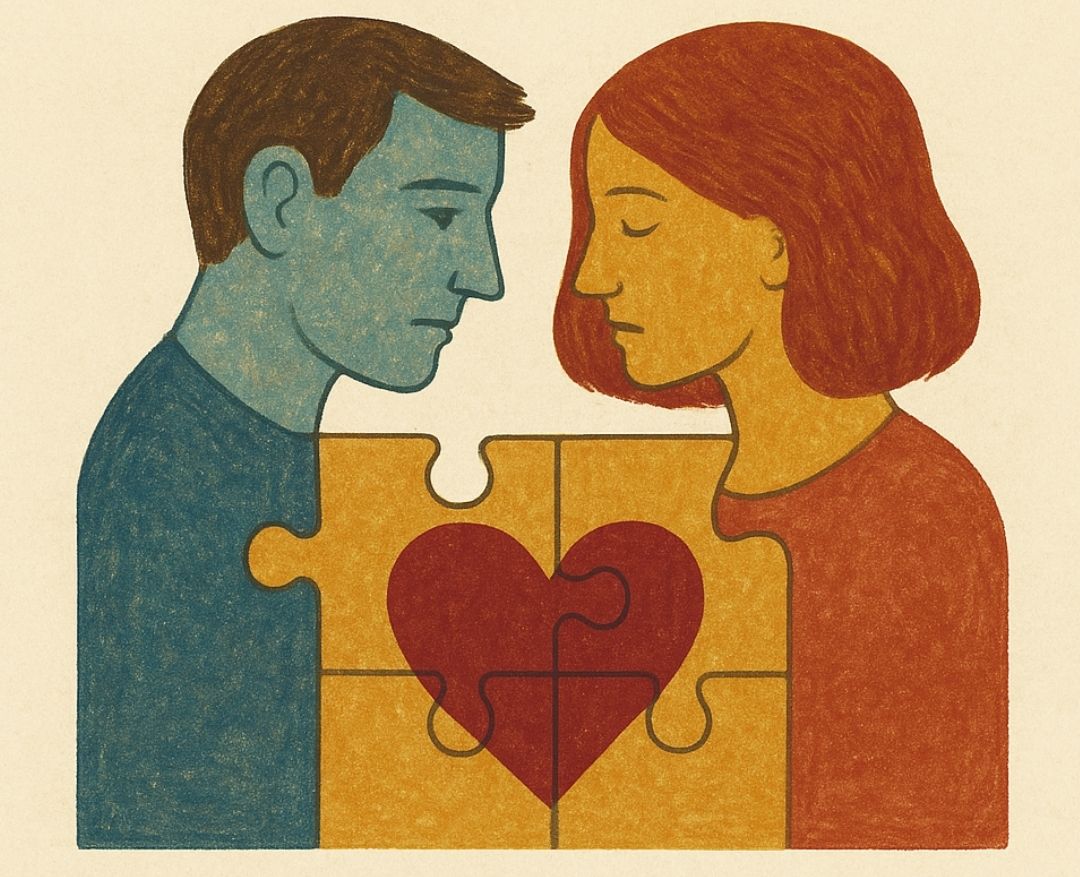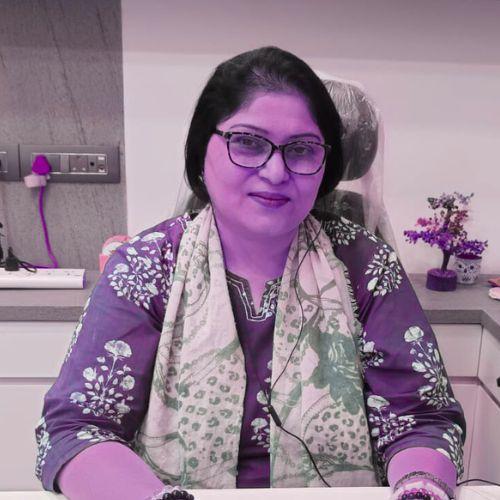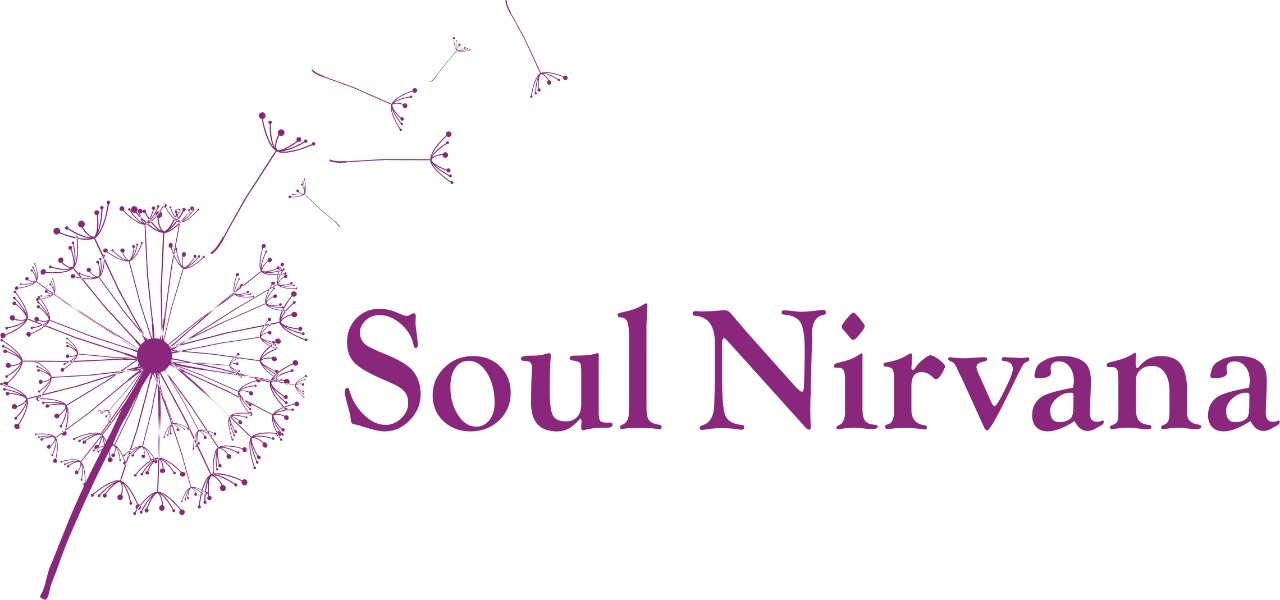The Emotional Legacy: How Our Parents’ Wounds Shape Our Intimacy

Introduction
Many of us carry invisible backpacks—memories, beliefs, and emotional wounds inherited from our parents or elders. We may not have experienced the exact trauma ourselves, but we feel its echo in how we love, how we trust, how we fear closeness. These inherited patterns influence our capacity for intimacy more than we realize. This article explores intergenerational trauma: how it shows up in adult relationships, how to spot the patterns, and how to heal relational wounds so the chain stops with you.
What Is Intergenerational Trauma & How It Manifests in Intimacy
- Definition & Mechanisms: Intergenerational trauma (or transgenerational trauma) refers to emotional, behavioral, or even biological patterns passed down from one generation to another. These may come from unresolved experiences of abuse, neglect, emotional suppression, or instability in previous generations.Children absorb not only what is said, but how things are said, how caregivers regulate (or do not regulate) emotions, what is safe or unsafe. These internalized relational templates become blueprints in adult relationships.
- How It Shows Up in Love & Intimacy:
- Attachment styles: You may find you are anxiously attached (constantly seeking reassurance), avoidant (fear vulnerability, pull away), or even disorganized (mix of closeness + fear) because of parental patterns.
- Emotional regulation issues: High reactivity, shutting down, sudden overwhelm when emotional stakes are high. The way your parents handled—or didn’t handle—big emotions often shapes how safe you feel to feel.
- Repeating relational roles / patterns: Choosing partners who are emotionally unavailable, recreating dynamics of caretaking or blame, or conflict avoidance. Sometimes you might notice you're doing things “just like they did”—the same walls, defense strategies.
Identifying Inherited Emotional Patterns
To heal relational wounds, first we need awareness. Here are ways to recognize what you’ve inherited:
- Reflect on your parents’ emotional world
- How did they express or suppress emotions?
- What messages around trust, vulnerability, conflict, love did you receive (explicit or implicit)?
- Notice recurring conflicts or feelings in relationships
- Do you often feel misunderstood or like you must perform to be loved?
- Do you pull away when things get emotionally intense, or alternatively, do you cling out of fear of abandonment?
- Track your triggers
- Certain situations (criticism, silence, rejection) provoke unusually strong reactions—these may originate in earlier generations.
- Journaling or therapy can help map these triggers back to inherited dynamics.
- Understand your attachment style
Knowing whether you lean anxious, avoidant, disorganized, or secure offers insights into relational strengths & areas of work.
- Observe relational patterns in your family tree
- Genograms or family narrative work can help you see repeating cycles (e.g., emotional unavailability, trauma silos).
- Ask elders or family about their histories—sometimes knowing what they experienced clarifies what’s been passed down invisibly.
Healing Relational Wounds: So You Don’t Pass Them On
Healing intergenerational wounds takes intention, safety, and practice. Here are concrete steps:
Seek Safe Support
- Therapy (Psychotherapy) or counselling (Psychological Counselling) provides a contained, validating space to explore how old wounds shape your present.
- SoulNirvana’s Biographical Counselling and Life Scripts is a service that helps you look deeply at relational histories and rewrite limiting patterns.
Build Emotional Literacy & Regulation
- Practices like mindfulness, somatic awareness, or breathwork help you notice bodily cues when relational wounds get triggered.
- Learn to tolerate discomfort of vulnerability: small disclosures with trusted individuals.
Rewrite Your Relational Story
- Identify the narrative you’ve inherited (“I must be perfect,” “Feelings are dangerous,” “Love = sacrifice”) and challenge it.
- Create affirmations or personal values that reflect who you choose to be in relationships.
Practice Healthy Intimacy
- Choose relationships with safety and repair: people who can apologize, repair, listen.
- Express your needs; set boundaries where needed.
Integrate Rituals of Healing
- Journaling, letter work (writing to or from a version of your parent), storytelling.
- Generational rituals—for example, acknowledging ancestors, understanding their pain, forgiving when possible.
Use a Care Plan When Needed
When patterns feel deeply ingrained or overwhelming, a Personalized Therapy Care Plan can guide structured healing. SoulNirvana’s Psychotherapy combined with Biographical Counselling can map a path so your relational choices are intentional, not automatic.
Conclusion
The emotional wounds handed down from our parents are not destiny. While we may start life with inherited scripts, shaky attachment styles, or fear of vulnerability, we also have the capacity to choose differently. Healing relational wounds is possible. It’s messy, it’s brave—and it’s profoundly liberating. When you pursue awareness, repair, and intentional change, you don’t just heal for yourself—you break cycles for those who will come after.
You don’t have to pass forward what you have suffered in silence. You can write a new relational legacy.
At SoulNirvana, we believe in conscious healing and rewriting relational patterns with compassion. If you’re ready to transform the emotional legacy that shapes your intimacy, our Psychotherapy services can walk with you. Together, we’ll trace the echoes of past wounds, reclaim your capacity for vulnerability, and build connections rooted in safety and authenticity.
Take the first step now: Book your session nowto start reshaping how you relate, love, and trust moving forward.
FAQs
- What does “intergenerational trauma” mean?
- It refers to emotional wounds, patterns of behavior, or beliefs passed down through families—through what was modeled, through what was not addressed or resolved. These can shape your relational world even if you didn’t live the original event.
- Can I have secure intimacy even if my parents were emotionally unavailable?
- Yes. Healing is possible. Through therapy, awareness, building healthy relational habits, and choosing relationships where safety and emotional honesty are honored, you can cultivate secure intimacy.
- Will healing relational wounds take a long time?
- Some changes happen quickly (e.g., awareness, noticing patterns), others more gradually (rewriting behavior, shaping new attachment). It’s not linear—but progress is real and accumulating.
- How do I avoid repeating my parents’ patterns with my own children or future partner?
- Begin with awareness of patterns, then practice differently: setting boundaries, expressing emotions, apologizing & repairing when contact breaks. If needed, using a Personalized Therapy Care Plan or services like Couple Counseling and Assessment can give structure and support.
References
- Verywell Mind. How to Reclaim Intimacy in Romantic Relationships Through Somatic Healing. Verywell Mind
- Hue Therapy. Intergenerational Effects on Our Relationship Patterns. Huetherapy
- Fermata Psychotherapy. Recognizing and Healing from Intergenerational Trauma. Fermata Psychotherapy
- The Better You Institute. How Childhood Trauma Impacts Adult Relationships. The Better You Institute
- New York Integrative Psychiatry. How It Affects Attachment and Relationship Patterns. New York Integrative Psychiatry

Ms Sonali Sikdar
Ms Sonali empowers individuals to grow, heal, and align their careers with their inner calling.
Related Blogs
No related blogs available.

